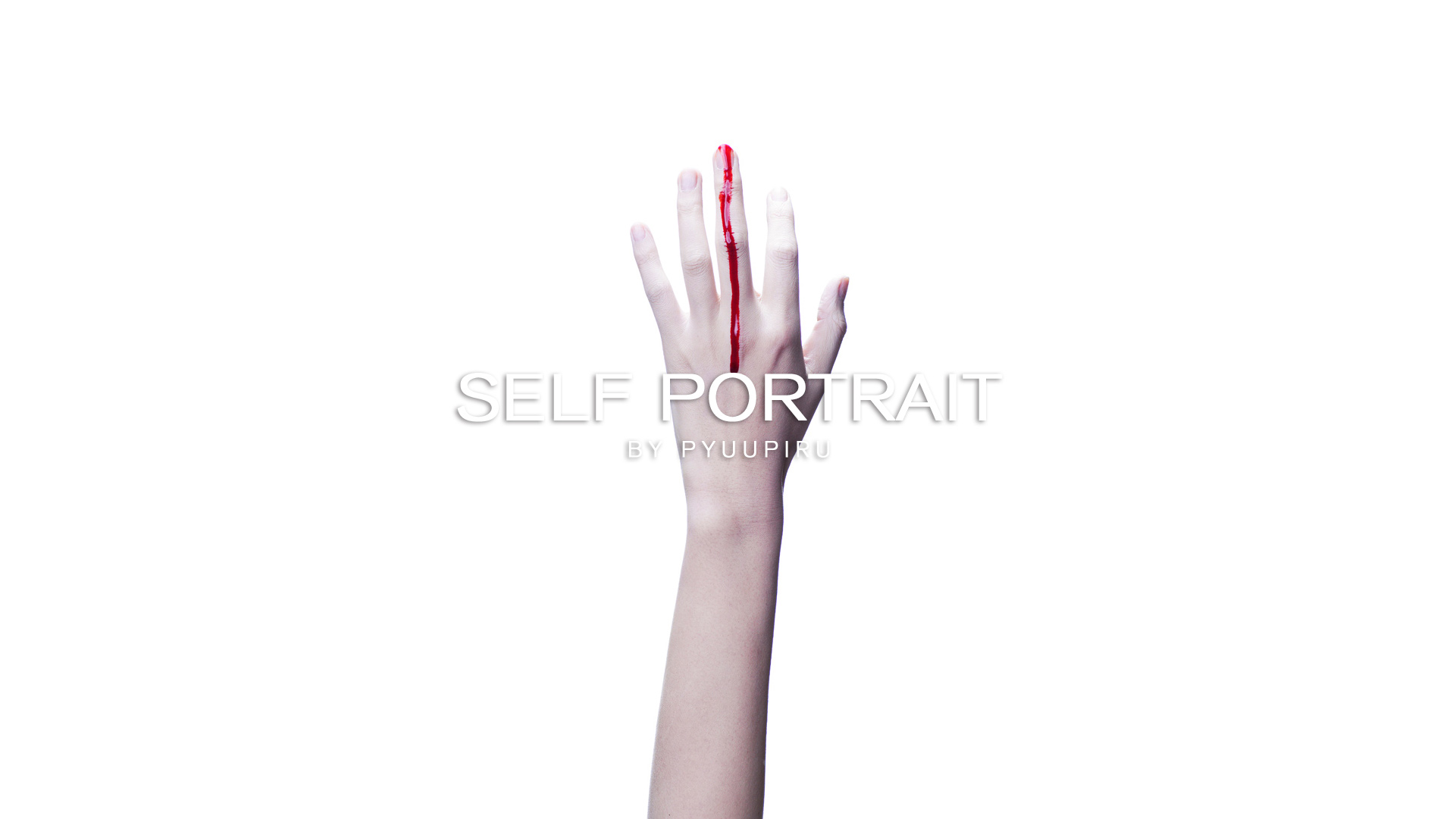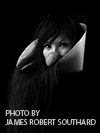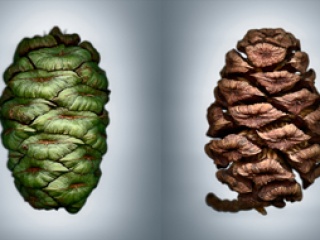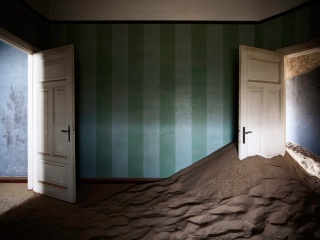Self Portrait
The search of an ideal self
by Annemarie Bas
Speaking of the theme of this issue, Liquid Identity, one could say Pyuupiru is its embodiment. She was born as a male, but gradually realised that she didn’t feel comfortable with her body. She started wearing eccentric costumes that distorted her figure. And in 2007 she decided to take it a step further and get sex reassignment surgery, an experience that inspired her Self-portrait Series.
Identity, for Pyuupiru, is something that is constantly being developed and changed. In an interview she said:
“As time goes by, we grow both qualitatively and quantitatively, expanding our capacity. We continue to add various elements and new points of view to our personality, until we are like a bunch of grapes. I think this is the life of people from birth to death.”1
In this way, identity is not a fixed quality, one is constantly adding new elements to one’s personality, moulding it, giving it a new shape, perfecting it, searching for an ideal self. This process is not limited to the mind. The body can also be reshaped, so that it is in harmony with one’s identity.
Pyuupiru described the relationship between body and identity as follows:
“For me, the body is like a vase made of fragile glass. Liquid is an emotion of various colours poured in the vase, and identity is a will to make one pour the liquid into it. You know that the glass changes its shape when heat is added. And you know you choose what you wear by your will. Just like that I’ve transformed my body by my will, both internally and externally. It required me to reveal my very emotion. Emotion is just like a heat having various temperatures, and everyone has it.”2
The discord between body and mind, that Pyuupiru had felt since childhood, has been an incentive for her to make art. In her artistic work, her life experiences and emotions are vital. She keeps them bottled inside of her until they boil, provoking a creative explosion which is then transformed into art.
When she made the Self-portrait Series, she thought of the oppression she felt due to her gender dilemmas: first she thought of her memories and experiences of pain, such as her memories of boyhood and the nightmares caused by hormone replacement therapy and psychoactive drugs. She focused on them up to the point where she felt she had re-lived the suffering enough. Then she filtered those memories and experiences through her sense of beauty in order to be able to shape the characters in her work from the inside and the outside. After that, Pyuupiru, photographed and materialised these characters.
The result is a series of self-portraits which are very intense and personal (despite the fact that in some of the portraits she hides her face with cosmetics, wigs and masks). Exposing her true identity in this way, Pyuupiru tells us, came with a heavy price. Even so, she feels that an artist can gain a pleasure from this exploration that is beyond its costs. Therefore she will certainly continue to share her experiences and feelings through her art in a constant quest to come to grips with the mystery of identity.
1. Fleur Pierets, Pyuupiru in: Et Alors? Magazine, magazine special: GenderBlender (jun.-ago. 2014) 32-39, p.39.
http://issuu.com/etalorsmagazinespecials/docs/genderblender_issuu
2. Owen Leong, Interview with Pyuupiru in: Peril, Asian-Australian Arts and Culture, no. 8 - Why are people so unkind? (nov. 2009).
http://peril.com.au/back-editions/edition08/interview-with-pyuupiru/
 Annemarie Bas (The Netherlands, 1986), has a Bachelor’s degree in History at the University of Utrecht and a Master’s degree in Cultural History at the same institution. As a historian, she worked as a junior researcher at the Museum of Psychiatry "Het Dolhuys" in Haarlem, The Netherlands. Since 2013, she lives and works in Mexico City. At the moment, she is international liaison at ZoneZero and works as an independent translator.
Annemarie Bas (The Netherlands, 1986), has a Bachelor’s degree in History at the University of Utrecht and a Master’s degree in Cultural History at the same institution. As a historian, she worked as a junior researcher at the Museum of Psychiatry "Het Dolhuys" in Haarlem, The Netherlands. Since 2013, she lives and works in Mexico City. At the moment, she is international liaison at ZoneZero and works as an independent translator.







































 Pyuupiru (Japan, 1974). Lives and works in Tokyo. At the moment, she uses various media: installations, movies, performances, portraiture and sculpture. She works with opposed concepts like life-death, men-women, one-other. She participated in many exhibitions and performances, also on an international level. Besides being a contemporary artist, she works in a wide range of fields like art direction, character design, costume design and writing. You can see more of her work on: pyuupiru.com.
Pyuupiru (Japan, 1974). Lives and works in Tokyo. At the moment, she uses various media: installations, movies, performances, portraiture and sculpture. She works with opposed concepts like life-death, men-women, one-other. She participated in many exhibitions and performances, also on an international level. Besides being a contemporary artist, she works in a wide range of fields like art direction, character design, costume design and writing. You can see more of her work on: pyuupiru.com.




